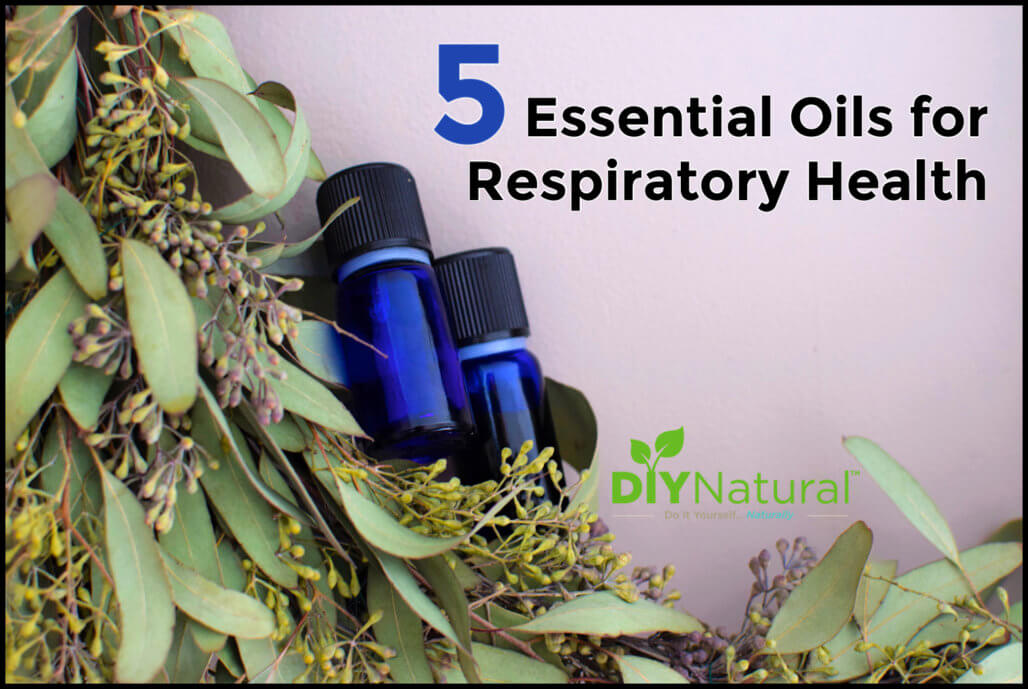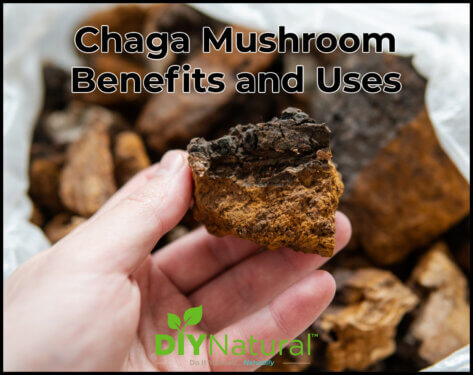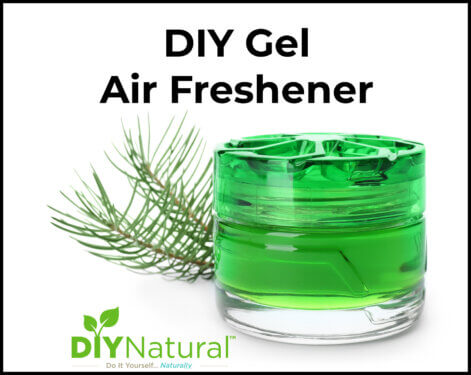
Keep these five supportive respiratory essential oils in your medicine cabinet. Let’s learn safety, usage, and blending tips for each oil.
Every year, my family typically comes down with about three respiratory bugs. Normally it starts with my school-aged son, then travels to our littlest, and finally to my husband and myself. After a few days of misery, we’re all back to our good old selves.
Typically we begin taking elderberry syrup when we feel our first symptoms and my kids love these Elderberry Gummies. I think it helps reduce the overall time we are sick.
In addition to elderberry, we also use essential oils to help ease our respiratory symptoms. Each oil has a particular chemical makeup that makes it better suited for different symptoms: some help with mucous, some with congestion, while others are helpful for coughs.
I’ll share a little bit about the five oils we use most often for respiratory health below. Remember that each oil has its own contraindications and safety recommendations, so please do your own research when using them for yourself. Take particular care if you are using medications, especially blood pressure medications or antidepressants.
Essential Oils for Respiratory Health
1. Eucalyptus (Eucalyptus globulus)
I would say that this is the oil I choose most often when I am struggling with respiratory congestion, sinus pain, and pressure. Shirley and Len Price indicate that Eucalyptus has expectorant and mucolytic actions (Price and Price 2007). The 1,8 cineole content of Eucalyptus globulus makes this oil excellent for adult respiratory concerns, but this oil should be used cautiously with children under six years. A helpful reference on Eucalyptus and Peppermint essential oils and children can be found at the Tisserand Institute.
2. Siberian Fir (Abies sibirica)
This is the oil I use most often with my children when they have colds. It is gentle yet effective and helps soothe respiratory congestion and coughs. I like to blend Siberian Fir with Tea Tree essential oil and diffuse it in my boys’ bedroom. It is a generally safe oil, which makes it an ideal oil for children or elderly persons.
3. Rosemary (Rosmarinus officinalis ct. 1,8 cineole)
Like Eucalyptus, this Rosemary chemotype also contains 1,8 cineole. That means it is also a good expectorant and anti-inflammatory making it a great essential oil for respiratory health. Rosemary essential oil should also be used with caution around children under the age of 6. A blend of Rosemary, lemon, and thyme would be uplifting to the mind and helpful for respiratory health.
4. Peppermint (Mentha x piperita)
Low doses of peppermint essential oil are cooling, which is very soothing to congestion! Below I’ll share an easy recipe for an “adult-only” chest rub using this lovey oil. Peppermint does contain menthol and 1,8 cineole, which make it a good expectorant, decongestant, and topical analgesic. This also means that Peppermint is an oil that should be used in low dilutions and is best for children over 6. A good alternative to Peppermint for children is Spearmint.
5. Spearmint (Mentha spicata)
In her book, Aromatherapeutic Blending: Essential Oils In Synergy (2016), Jennifer Peace Rhind indicates that spearmint is both a decongestant and mucolytic because of its l-carvone content. It has a less “sharp” aroma than Peppermint and gives off a sweeter minty aroma. Spearmint Blends well with conifer oils like Black Spruce or Siberian Fir to deliver gentle respiratory support for children and adults alike.
Two Respiratory Essential Oil Rub Blends:
Child Safe Respiratory Massage Blend (2% dilution):
- 2 ounces sunflower seed oil (or another light carrier oil)
- 10 Drops Siberian Fir (Abies siberica) essential oil
- 5 drops Spearmint (Mentha spicata) essential oil
- 10 Drops Sweet Orange (citrus sinensis) essential oil
Measure 2 ounces of sunflower seed oil into a small bowl. Drop-in essential oils and stir well. Using a funnel, pour into a 2-ounce amber bottle.
To use this essential oil blend for respiratory health, simply massage on the chest or back when congested.
Adult Only Respiratory Massage Blend (2% dilution)
- 2 ounces sunflower seed oil (or another light carrier oil)
- 10 drops Peppermint essential oil
- 10 drops Eucalyptus essential oil
- 4 drops Rosemary essential oil
Measure 2 ounces of sunflower seed oil into a small bowl. Drop-in essential oils and stir well. Using a funnel, pour into a 2-ounce amber bottle.
To use, simply massage on the chest when congested.
Have you ever used essential oils for respiratory health?
*******




OMG this website is so amazing. My heart goes out to DIY Natural. I’ve always wanted to learn about different oils and how to dilute them for many reasons. I love helping people and I’m introducing them to many oils and home remedies. Thanks so much God Bless.